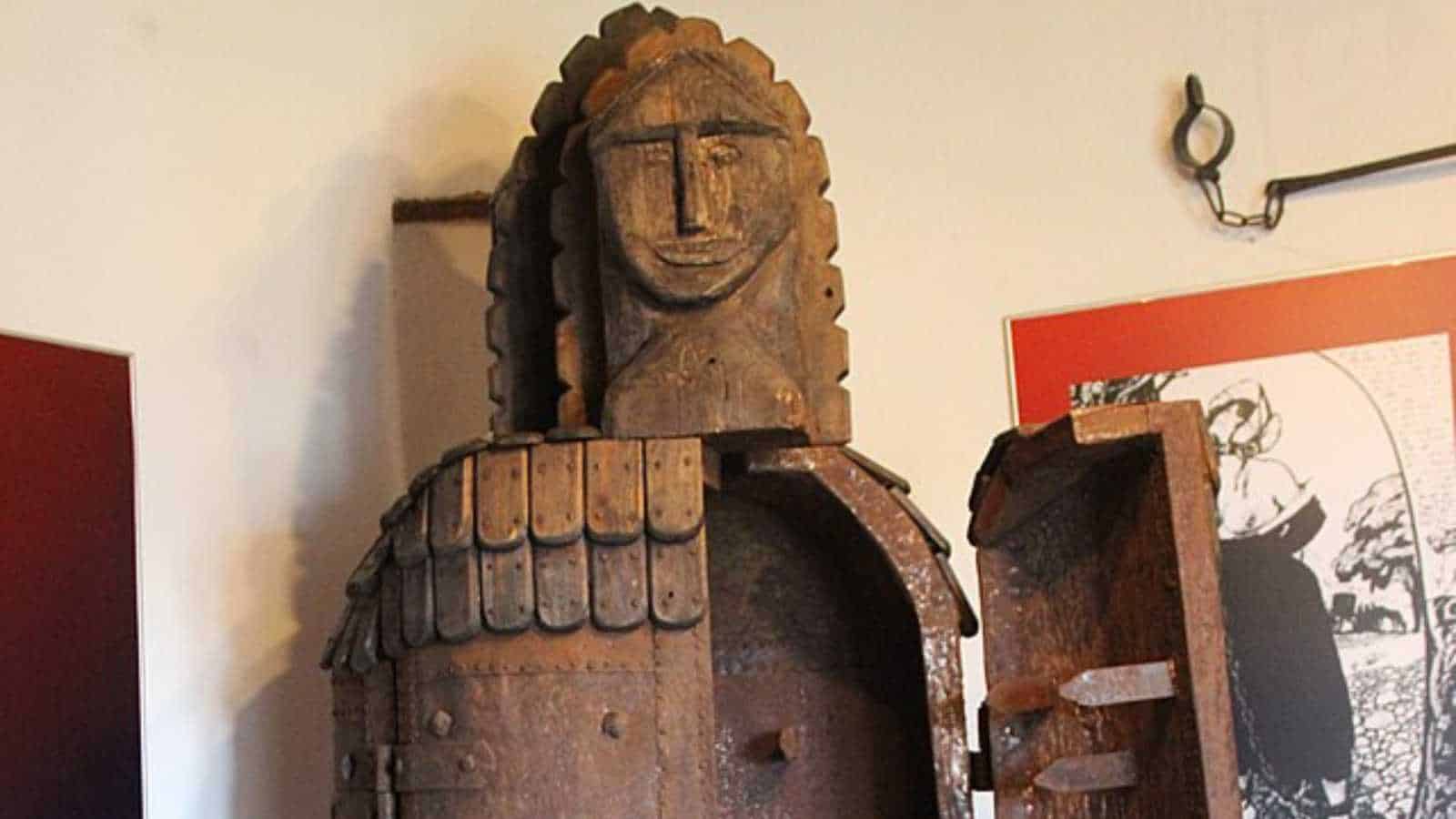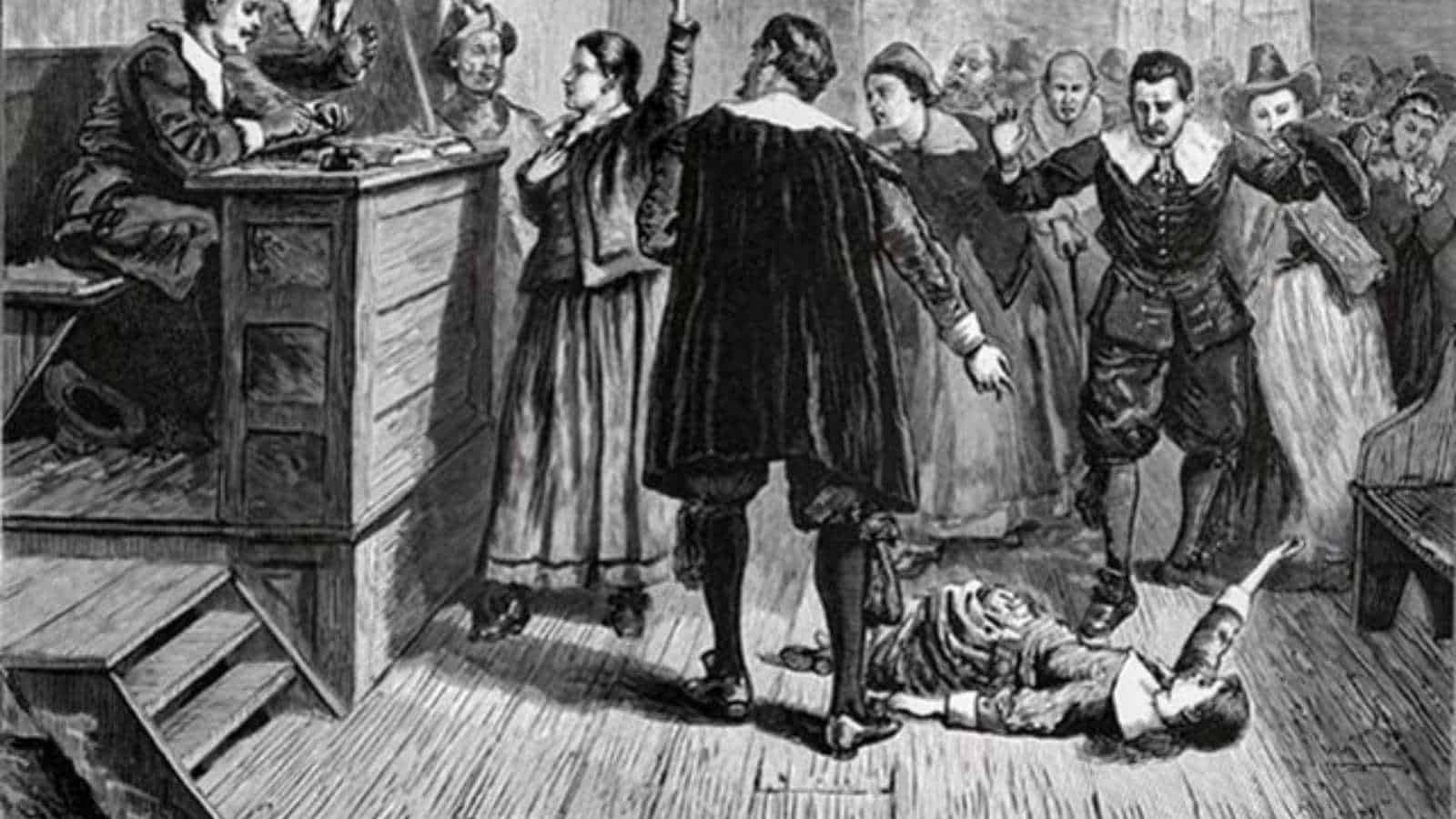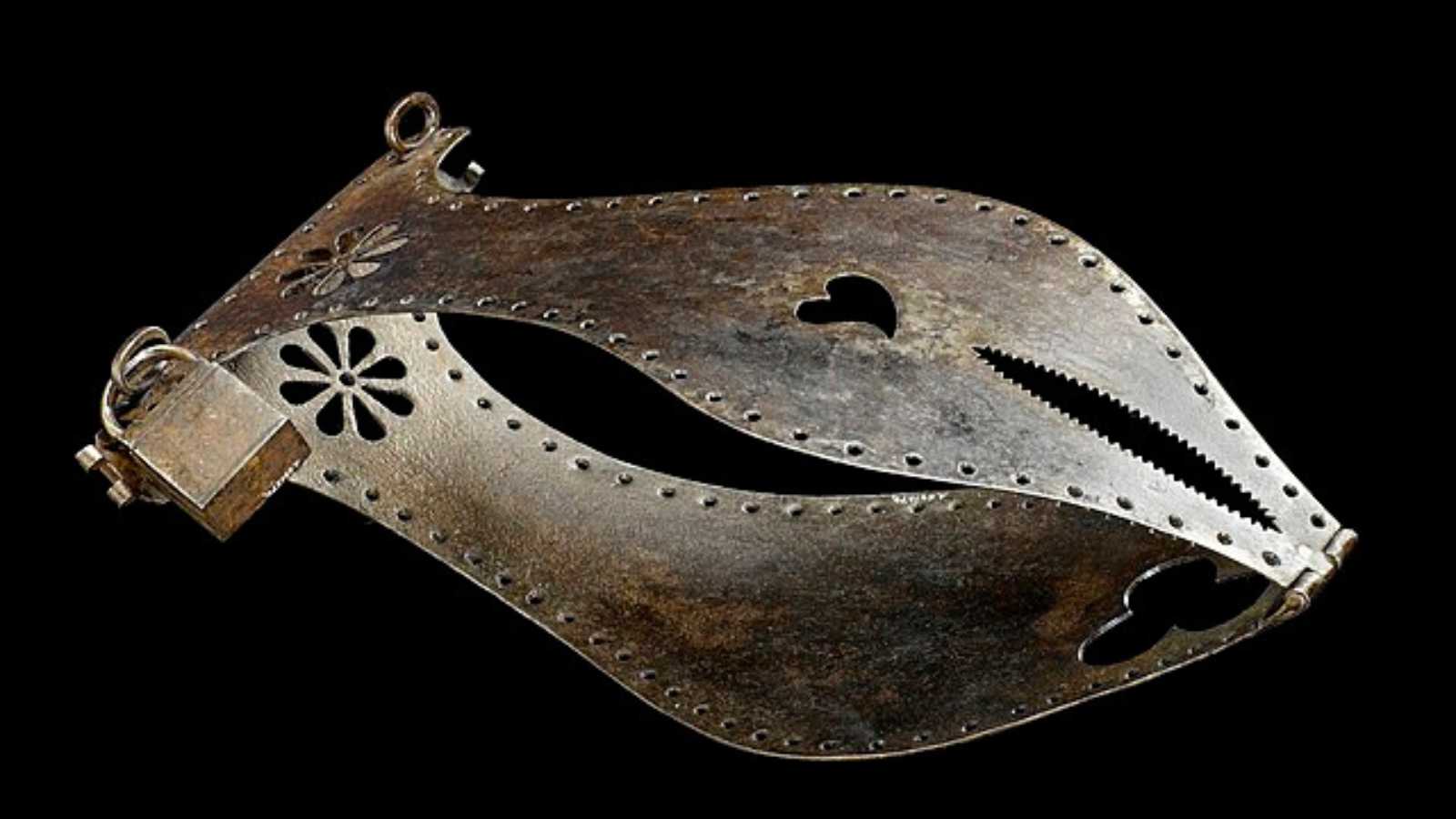13 History Myths That Are Incorrect
You know how some stories stick, even when they’re not true? A childhood textbook, a movie scene, or a line you heard in class can shape how you picture entire eras.
The funny part is, a lot of those “facts” collapse the moment you check them against objective evidence. In 2023, the University of Oslo found that over 60% of Europeans and North Americans believe Vikings wore horned helmets despite no archaeological evidence.
That’s how powerful these myths are: they live rent‑free in our heads. So, what does the record actually show? Let’s dig in.
The Iron Maiden Isn’t Medieval

Those spiked metal coffins you see in tourist spots? They’re not medieval torture devices at all. Most were assembled in the 1700s and 1800s from random scrap parts, then displayed as creepy curiosities.
The myth took off because Victorians loved sensational stories about the “dark” past. Painting the Middle Ages as brutal and savage fit the mood, even if the devices themselves were modern fakes.
Columbus Discovered America

Columbus never set foot on the land that became the United States. And he wasn’t even the first European to reach North America. Archaeologists proved long ago that Vikings reached North America.
In 1960, they uncovered a settlement at L’Anse aux Meadows in Newfoundland. Then in 2021, scientists used tree‑ring dating to pin the year exactly: 1021 AD. That’s more than 470 years before Columbus ever landed in the Caribbean.
So why does the Columbus story still dominate? Early U.S. history books promoted Columbus as a heroic figure to give the young nation a simple origin story. His “discovery” became shorthand for Europe’s entry into the Americas.
Napoleon Was Short

Napoleon’s height got lost in translation—literally. French inches were longer than British ones, so his recorded height looked smaller once converted incorrectly. According to a National Geographic report, he stood around 5’6″, which matched the average Frenchman of his era.
British cartoonists mocked him for political effect. Their drawings stuck in the public imagination, turning an average-height man into a symbol of insecurity.
Marie Antoinette Never Said “Let Them Eat Cake”

The line appeared in Rousseau’s Confessions, written when Marie Antoinette was a child living in Austria. It wasn’t linked to her until decades later, long after her death, as the BBC highlights.
The phrase worked perfectly for revolution-era drama, so it stayed. The real Antoinette had plenty of faults, but this sentence wasn’t one of them. This case demonstrates how emotional resonance and political convenience can transform fiction into “historical fact.”
Vikings Didn’t Wear Horned Helmets

That dramatic image, horns curving upward, wind blowing through beachgrass, comes from 19th-century opera costumes. Actual Viking helmets were plain, sturdy, and built for survival.
Not a single authentic Viking helmet with horns has ever been discovered, yet the myth persists so strongly that every Viking museum must actively combat it in its exhibitions and educational materials.
The First Thanksgiving Wasn’t a Peaceful Storybook Moment

The gathering in 1621 did happen, but it wasn’t the cozy moment often described. Wampanoag leaders attended for political reasons; the Pilgrims were struggling to survive, and the feast didn’t mark the start of lasting harmony.
Tension grew quickly afterward. Epidemics and land seizures changed the region forever. The neat version that many people learn leaves out almost everything that follows.
The Great Wall of China Can’t Be Seen From Space

Astronaut Yang Liwei orbited Earth 14 times, and still couldn’t spot the Great Wall with the naked eye, as BBC Sky at Night Magazine reported. Turns out, the Wall blends into the surrounding landscape and only stands out when the lighting is just right.
So where did the idea come from? Back in the early 1900s, someone guessed it might be visible from space, and that casual claim somehow morphed into a “fact” taught in classrooms worldwide.
Fast‑forward to today, and false historical claims like this spread even faster on social media, sticking around long after experts have debunked them.
George Washington Didn’t Have Wooden Teeth

We’ve all heard the tale: George Washington had wooden teeth. It’s a neat little story because it makes him sound rugged and humble. But the truth? Way less charming.
Washington’s dentures were crafted from ivory, gold, lead, and sometimes even human teeth. Over time, the ivory cracked and stained, giving it a rough, wood‑like look that people mistook for timber.
Washington’s dental troubles haunted him throughout his life, but the dentures themselves were more a symbol of wealth and status than of down‑to‑earth virtue. The myth stuck because it was simple, easy to teach, and far less troubling than the reality.
Cleopatra Wasn’t Egyptian by Ancestry

Cleopatra ruled Egypt, but her bloodline traced back to Macedonia, CNN reports. The Ptolemies, her dynasty, grabbed power after Alexander the Great’s conquest, and the evidence, from coins to ancient historians, points to a Greek heritage with only hints of local ancestry.
So why do we often picture her as “Egyptian”? That identity came later, shaped by retellings that blended her reign with the culture she ruled, not her actual bloodline. She leaned on it strategically, using her lineage to navigate the dangerous game of Roman alliances..
No One Was Burned During the Salem Witch Trials

Hollywood loves to show witches being burned at the stake. But that’s not what happened in Salem. Colonial courts followed English law, which meant hanging, not burning. Nineteen people were hanged, one was pressed to death, and several died in jail.
The confusion comes from Europe, where burning was more common. Dr. John Howard Smith, a history professor at Texas A&M University-Commerce, explains that Salem’s trials stuck to English rules. So while the movies may love flames, the reality was grim in a different way.
Einstein Didn’t Fail Math

Einstein laughed at the rumor himself. “Before I was fifteen I had mastered differential and integral calculus,” he said in a 1935 interview.
The myth took off because of a grading switch in his Swiss school system. Marks that once meant “excellent” suddenly looked like “failing” under the new scale. The mix-up never died.
The Chastity Belt Wasn’t a Medieval Reality

If people had actually worn those metal designs, they would have caused serious infections. The story sticks around because it matches the popular image of the Middle Ages as harsh and strange.
It also connects with modern ideas about control and oppression, which makes it sound believable even though there’s no real evidence.
A Vomitorium Wasn’t a Room for Feasting and Purging

A vomitorium wasn’t a room for feasting and throwing up — it was a hallway in Roman theaters that let crowds leave quickly. The name comes from the Latin for “to spew forth,” but it meant people pouring out, not food.
The mix‑up started much later. Writers joked about Rome’s love of excess, and the joke slowly turned into “fact.” From there, the myth kept spreading.
Key Takeaways

Many of the stories we grew up hearing, Columbus “discovering” America, Vikings charging into battle with horned helmets, or Marie Antoinette telling starving people to eat cake, survive because they’re memorable, not because they’re true.
Once you look at the actual evidence, a different picture appears. The real events are often more complicated, less dramatic, and far more interesting than the myths that replaced them.
These myths persist because they make the past more straightforward to digest. They offer clean heroes, simple villains, and clear lessons. Real history isn’t that tidy.
When we correct these stories, we don’t just fix the record; we learn to question claims that sound good but fall apart under scrutiny. And that skill matters just as much now as it ever did.
Disclosure line: This article was developed with the assistance of AI and was subsequently reviewed, revised, and approved by our editorial team.
6 tips for successful weight loss for women in 2025

6 Tips For Successful Weight Loss For Women in 2025
Successful weight loss for women often calls for an individualized approach, taking into consideration the unique physiological, psychological, and lifestyle factors that influence a woman’s weight. It’s not just about adopting a generic calorie-restricted diet or a strenuous exercise regime. Instead, it encompasses a holistic view of health, including balanced nutrition, regular physical activity, adequate sleep, and stress management.
In this article, we will walk you through a step-by-step guide to help you on your fitness journey and discuss how Ozempic may benefit your weight loss routine.
Why investing for retirement is so important for women (and how to do it)

Why investing for retirement is so important for women (and how to do it)
Retirement planning can be challenging, especially for women who face unique obstacles such as the wage gap, caregiving responsibilities, and a longer life expectancy. It’s essential for women to educate themselves on financial literacy and overcome the investing gap to achieve a comfortable and secure retirement. So, let’s talk about why investing for retirement is important for women and how to start on this journey towards financial freedom.







